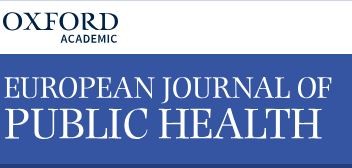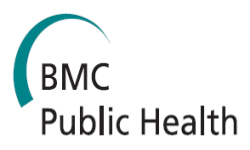
Petronille Bogaert, Marieke Verschuuren, Herman Van Oyen, Hans van Oers
European Journal of Public Health, Volume 32, Issue 3, June 2022, Pages 463–467, https://doi.org/10.1093/eurpub/ckac014
Abstract
Background
A Health Information System (HIS) assessment is an evaluation of the functioning of the main elements that compose a national HIS. Assessors from nine countries performed peer assessments of each other’s national HIS in the Joint Action on Health Information (InfAct). The aim of this study is to evaluate the advantages and disadvantages of the InfAct peer assessment methodology as well as the different steps involved in this assessment process.
Methods
Each peer assessment included a preparatory desk report, a country visit with semi-structured interviews with local stakeholders, a final report and a follow-up stakeholder meeting. A qualitative content analysis of the peer HIS assessment was performed based on 12 semi-structured interviews.
Results
The main advantage of the assessments is its informal atmosphere, high degree of objectiveness and its networking opportunities. Disadvantages are its informal request format and setting for recommendation uptake. The peer assessment helped the assessors to broaden their understanding of the assessed and their own HISs, to gain knowledge on how to carry out an HIS assessment and to practice their organization, communication, reporting and negotiation skills. All steps of the HIS assessment are essential and each contributes to the enriching experience of the participants.
Conclusion
The InfAct peer HIS assessment methodology strengthened capacity in national HISs by building up the knowledge and expertise in participating countries and as such addressed health information inequalities. This study confirms the value and relatively easy to implement methodology, and therefore recommends its wide and more systematic application across Europe.


